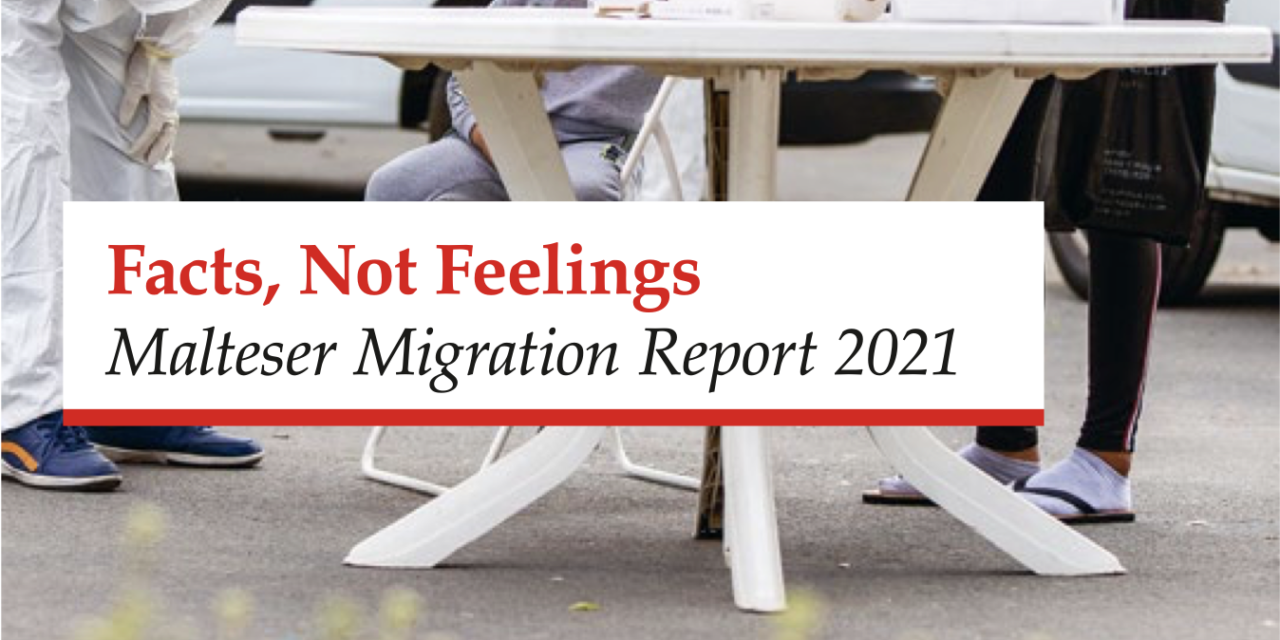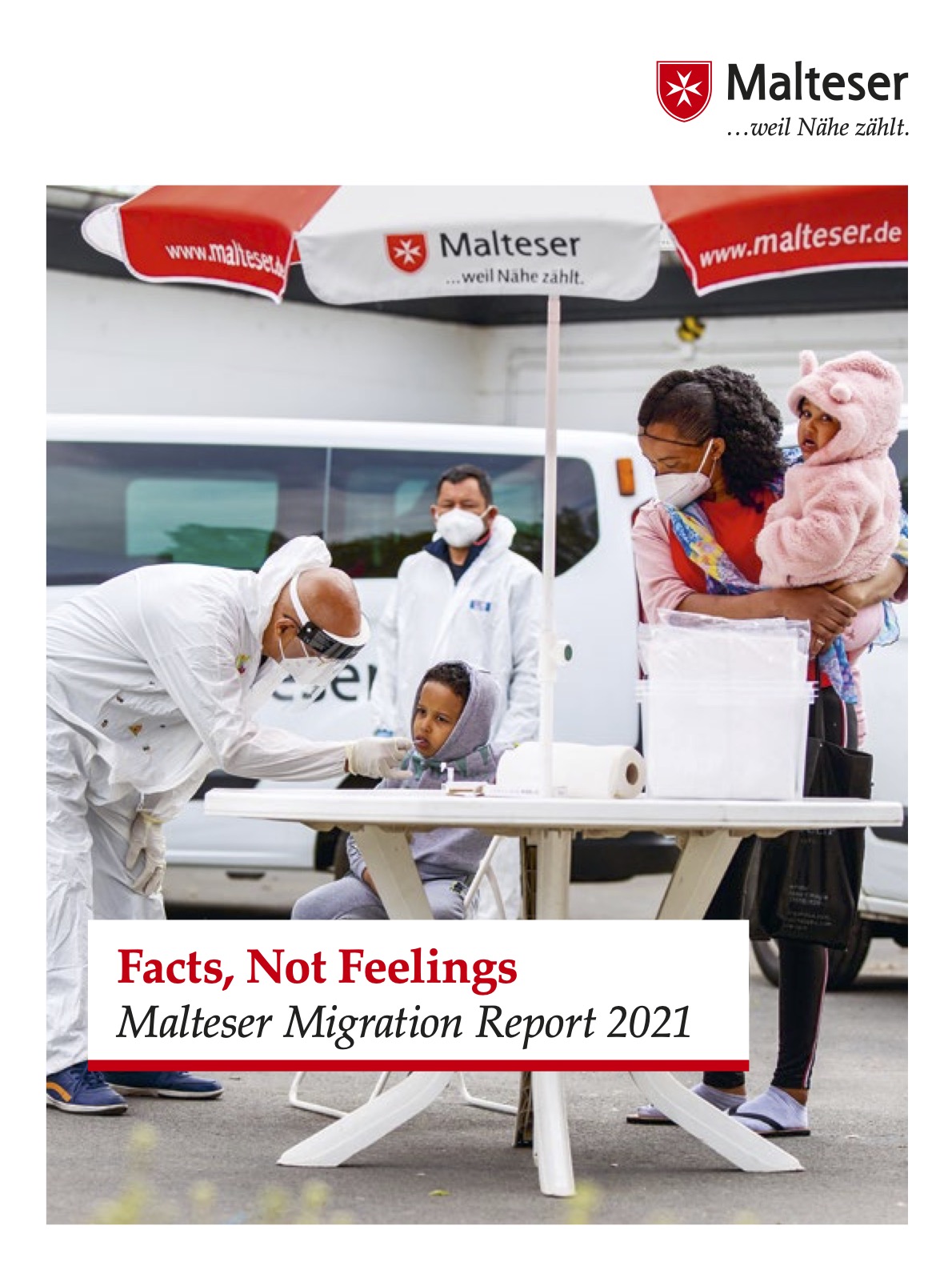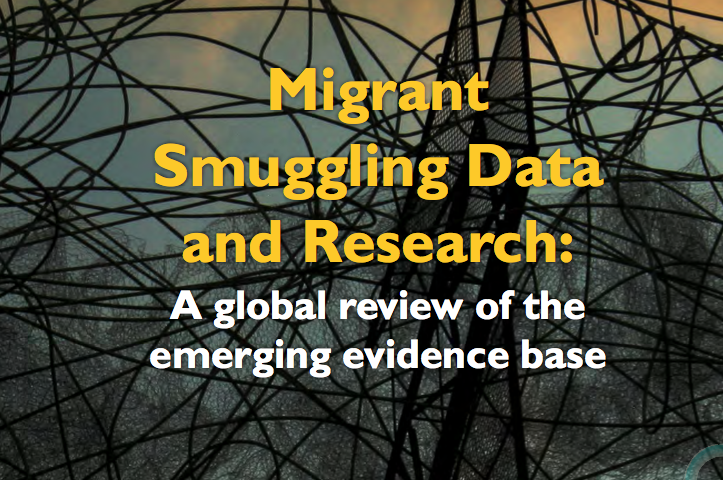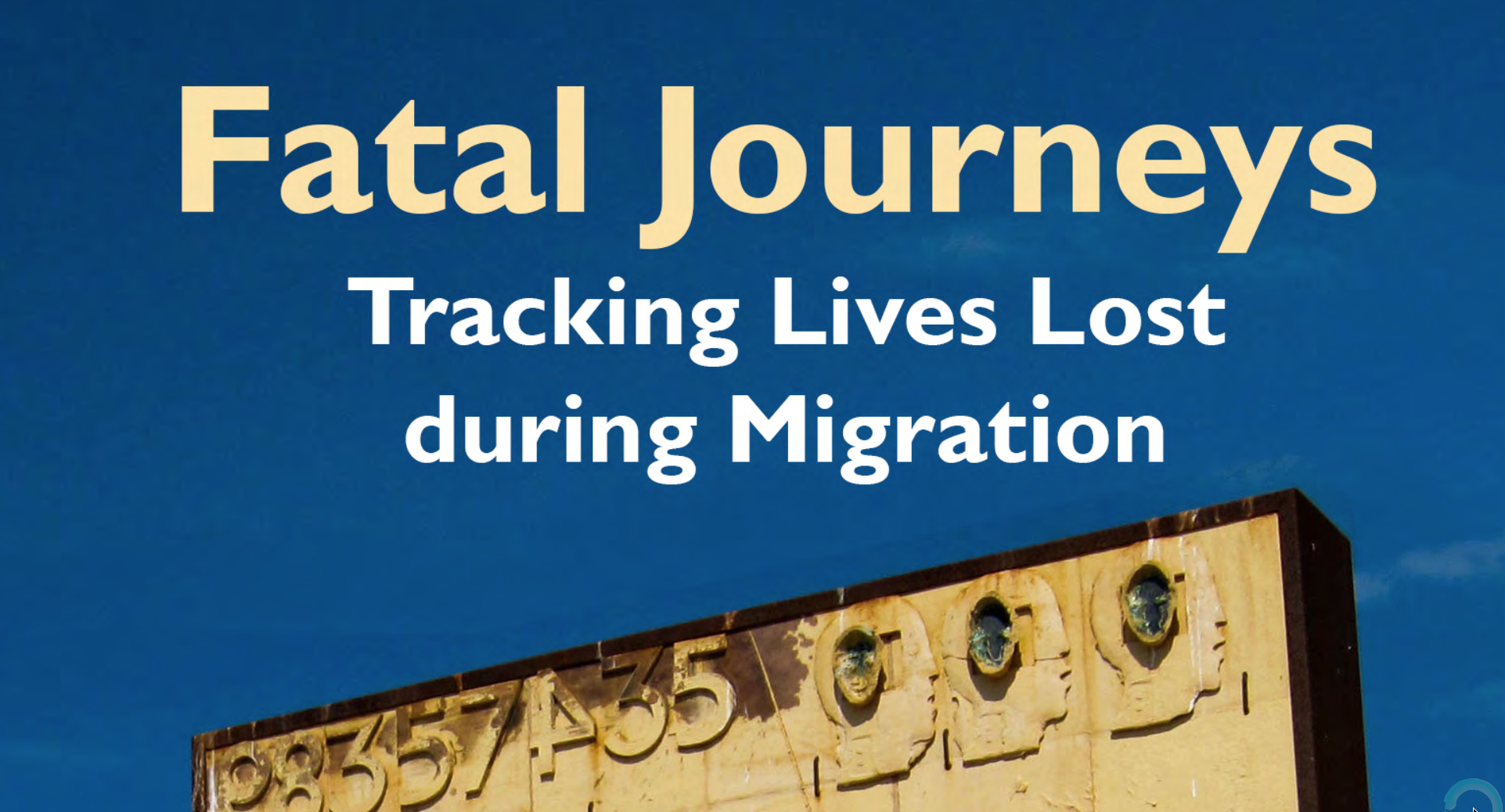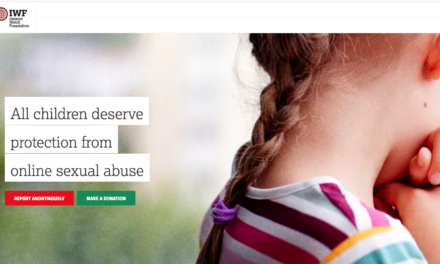We are experiencing an ambiguous situation with regard to migration. It is good to hear that the headlines in public and social media are no longer filled with violent emotionality. It would be desirable if this was due to the solution of the most pressing problems. However, the pressure caused by the large numbers of refugees subsided in 2020 and 2021, mainly because the coronavirus pandemic set limits to it. And stricter controls at the external borders of the European Union have no long-lasting effects. With more than 80 million refugees worldwide, never before have so many people been looking for a safe and life-sustaining place to stay as in 2020, according to the UNHCR. The causes of displacement have not been eliminated, not even reduced. The coronavirus has made them even worse.
This Malteser Migration Report 2021 does not provide any patent remedy for the underlying problems either. There is no such thing. In the wake of the two previous reports from 2017 and 2019, its aim is to continue to highlight the issue, to counter the general public mood with facts, and to help shape public opinion and generate policies on this basis. It is not directly politically motivated, but nevertheless it should help politicians to find appropriate solutions and to contribute to a debate on a justifiable basis.

